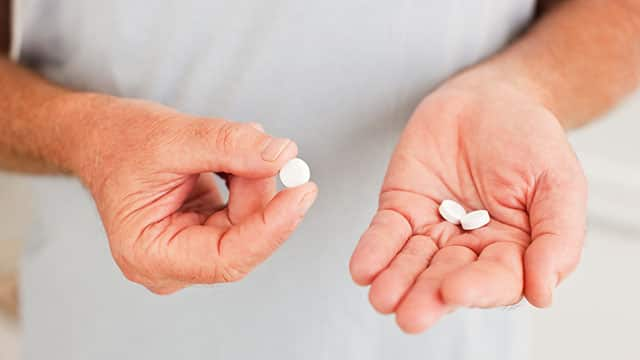What Is Vitamin D?
Vitamin D is a fat-soluble vitamin that helps your body absorb calcium, an important component for building strong bones and teeth. Vitamin D is unique in that it's both a nutrient you can obtain from food and a hormone your body can make when your skin is exposed to the sun. In addition to strengthening your bones, vitamin D plays a part in other body functions — from helping your muscles move to supporting your immune system. In fact, the tissues throughout your body contain receptors for vitamin D, suggesting it has an even greater role in overall health than we know.
How Does Vitamin D Affect Your Teeth?
Because vitamin D helps your body absorb calcium, it's essential for healthy teeth and gums. Researchers have linked a vitamin D deficiency to two main oral issues:
- Tooth Decay. As stated before, vitamin D plays a key role in absorbing and retaining calcium and phosphorous for bone and tooth mineralization. When your vitamin D levels are unregulated, it weakens your teeth, making you highly susceptible to cavities, fractures, and decay. A study of U.S. adults found that vitamin D levels are significantly associated with the occurrence of dental caries.
- Periodontitis. Research published in the Journal of Periodontal Research has linked lower vitamin D levels with an increased risk of periodontitis, possibly because of its connection to the immune system. Though it's not fully understood, vitamin D seems to positively impact inflammation and mineralization effects on the tissue surrounding your teeth.
Learn more about which vitamins are good for teeth and gums.
How Much Vitamin D Do You Need?
Since tooth decay and gum disease are two of the most prevalent oral health issues, you might want to check in on your vitamin D levels. An analysis of National Health and Nutrition Examination Survey (NHANES) 2011-2014 data on vitamin D levels found that about 23% of people in the United States aged one year and older were at risk of deficiency or inadequacy. You can determine your vitamin D levels through a simple blood test. If you're concerned about your vitamin D intake, talk to your primary care physician about pursuing lab work.
So what is the Recommended Dietary Allowance (RDA) for vitamin D? Among adults aged 19-50 years, the Food and Nutrition Board recommends 15 micrograms (mcg) per day. To put that in perspective, one cup of vitamin D fortified milk contains about 2.9 mcg.
How Do You Get More Vitamin D?
If your physician has diagnosed you with a vitamin D deficiency, you can increase your vitamin D intake in three ways:
- Spend more time in the sun. The exact amount of time varies depending on your skin tone, time of day, time of year, and how much skin is exposed. However, sunscreen does prohibit vitamin D production, so remember that too much sun exposure can cause the skin to burn and even lead to skin cancer.
- Eat foods rich in vitamin D. Foods like cod liver oil (34 mcg per tablespoon), trout (16.2 mcg per 3 ounces), and salmon (14.2 per 3 ounces) provide the most vitamin D per serving. But if fish isn't a staple of your diet, milk and cereals often come fortified with vitamin D as well.
- Try a vitamin D supplement. If your lab work shows a vitamin D deficiency and you're struggling to get all you need through diet and sunlight, you might ask your primary care physician about a vitamin D supplement. They can recommend the proper dosage based on your unique needs.
You probably don't need another reason to go outside and enjoy the sun today. While you're soaking up some sun rays, definitely stop and think about how amazing it is your body can turn sunlight into vitamin D, which is critical for bone, tooth, and gum health. If you're concerned about your vitamin D levels, see your primary care physician and discuss your options. Between sunlight, food, and supplements, you can get the vitamin D you need for a strong and healthy smile.
Oral Care Center articles are reviewed by an oral health medical professional. This information is for educational purposes only. This content is not intended to be a substitute for professional medical advice, diagnosis or treatment. Always seek the advice of your dentist, physician or other qualified healthcare provider.
ORAL HEALTH QUIZ
What's behind your smile?
Take our Oral Health assessment to get the most from your oral care routine
ORAL HEALTH QUIZ
What's behind your smile?
Take our Oral Health assessment to get the most from your oral care routine















